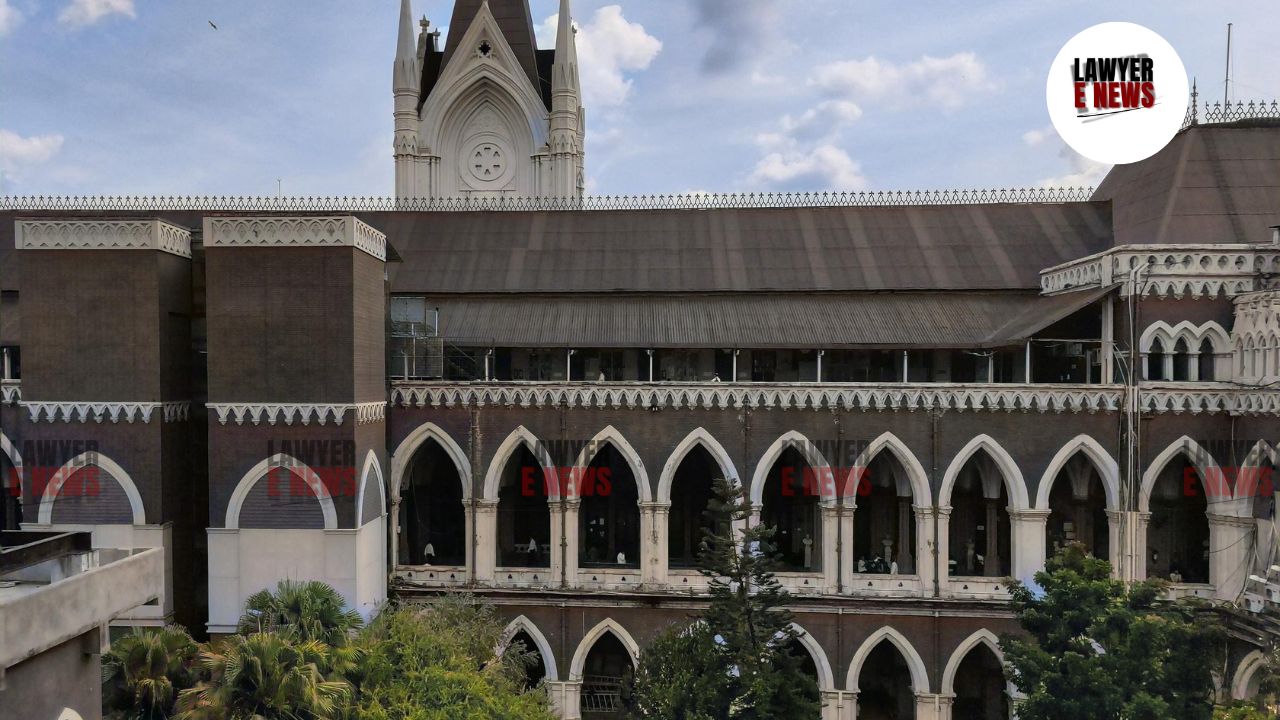-
by Admin
18 February 2026 2:49 AM



Where Additional Evidence Removes The Cloud Of Doubt And Has Direct Bearing On The Main Issue, It Must Be Considered — In a significant ruling Calcutta High Court allowed a revisional application under Article 227 of the Constitution and remitted the matter to the appellate court to decide the prayer for additional evidence afresh during the hearing of the appeal on merits. Justice Biswaroop Chowdhury observed, “The documents sought to be filed by the petitioner cannot be totally discarded at this stage without the Appeal being heard on merits.”
The Court ruled that even if the petitioner failed to produce the documents during trial, it does not foreclose the discretion of the appellate court to admit such evidence if it serves a substantial cause and is necessary for effective adjudication. Relying on the Supreme Court judgment in Sanjay Kumar Singh vs. State of Jharkhand, the High Court clarified that the test is not merely diligence but the necessity to deliver justice.
The dispute arose out of an eviction decree passed in Title Suit No. 226 of 2011 by the Learned 2nd Court, Civil Judge (Senior Division) at Barasat. The petitioner, M/s. Child Care Aqua Fountain, was the defendant in the suit and the appellant in Title Appeal No. 43 of 2017 pending before the District Judge, North 24 Parganas.
According to the petitioner, they were a tenant under the respondent only for a limited purpose — to obtain a trade license, as the plaintiff had already entered into a sale agreement and handed over possession of the suit property to the petitioner’s sister and brother, namely Diana
Hoare and Debaditya Hoare, who were the intending purchasers. The petitioner contended that “The plaintiff/respondent already entered into Sale Agreement and also handed over possession of the suit property and other properties of the Suit Holding in favour of Diana Hoare and Debaditya Hoare, the intending purchasers as well as full blooded sister and brother of Appellant.”
The petitioner’s sister and brother had already instituted an earlier suit for specific performance (T.S. No. 24 of 2011) in respect of the same property against the respondent. The documents in question, such as the sale agreement and possession letter, were filed in T.S. No. 24/2011 and remained part of its records, which, according to the petitioner, prevented their production in the eviction suit (T.S. No. 226/2011) during trial.
It was also admitted by the respondent in cross-examination on 04.09.2015, “that he filed the later suit being T.S. No. 226/2011 after receiving summons of the earlier suit being No. 24/2011.”
The principal issue was whether the documents sought to be produced as additional evidence at the appellate stage satisfied the conditions of Order XLI Rule 27 CPC. The appellate court had earlier dismissed the petitioner’s application, observing that the petitioner failed to prove sufficient cause and that the documents had no nexus to the appellant.
However, Justice Biswaroop Chowdhury critically examined this view and emphasized that the appellate court’s power under Order XLI Rule 27(1)(b) CPC is not limited to the diligence of the party but extends to situations where the appellate court “requires any document to be produced or any witness to be examined to enable it to pronounce judgment or for any other substantial cause.”
The Court referred to the Supreme Court decision in Sanjay Kumar Singh vs. State of Jharkhand [(2022) 7 SCC 247] where it was observed, “Where the additional evidence sought to be adduced removes the cloud of doubt over the case and the evidence has a direct and important bearing on the main issue in the suit and interest of justice clearly renders it imperative that it may be allowed to be permitted on record.”
Justice Chowdhury agreed with the petitioner that, “as it is the contention of the Petitioner/Appellant that the petitioner was not occupying the suit property at the time of institution of the suit and the fact that the petitioner suffered not only an eviction decree but also a decree of mesne profit from the date of institution of the suit, the documents sought to be filed by the petitioner cannot be totally discarded at this stage without the Appeal being heard on merits.”
The Court clarified that the appellate court, even if convinced that the party lacked sufficient diligence, still possesses the authority to admit additional evidence if such evidence is necessary for “pronouncing judgment or for any other substantial cause.” The learned Judge noted, “Upon considering the provisions contained in Rule 41 Order 27 of the Code of Civil Procedure and the observations made by the Learned Appellate Court this Court is of the view that as reasons were cited in details with regard to the diligence of the petitioner/Appellant it is not necessary to consider that aspect in exercise of Supervisory Jurisdiction under Article 227 of the Constitution of India.”
The Court ultimately remitted the matter to the appellate court directing, “The matter is remitted to the Learned Appellate Court to consider the necessity of producing the documents as sought to be relied upon by the petitioner in his application made under Order 41 Rule 27 of Code of Civil Procedure at the time of hearing of Title Appeal No. 43/2017 on merits.”
The judgment reinforces the principle that appellate courts must not adopt a hyper-technical approach when deciding on applications for additional evidence under Order XLI Rule 27 CPC. The Calcutta High Court made it clear that even in the absence of perfect diligence, if additional documents have the potential to directly affect the rights of the parties and the outcome of the appeal, they deserve judicial consideration during the hearing itself. The ruling is likely to impact how appellate courts in West Bengal approach Order XLI Rule 27 CPC hereafter.
Date of Decision: March 28, 2025
